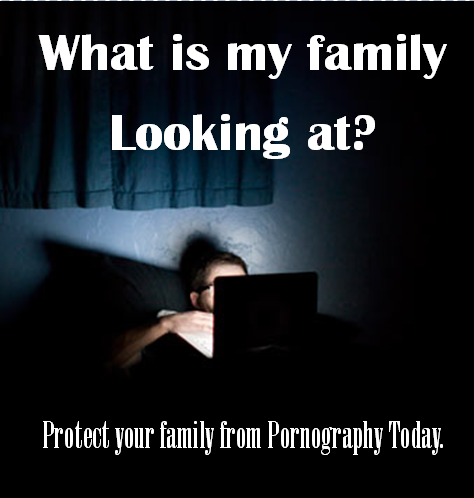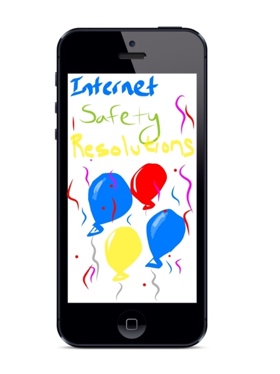Social Media Scams
Typical Social Media Scams
1. Free Stuff!
 We have all wanted free Starbucks, Costco Gift cards, and Amazon gift cards. However, you will not be able to get any of these if you simply click on a link.
We have all wanted free Starbucks, Costco Gift cards, and Amazon gift cards. However, you will not be able to get any of these if you simply click on a link.
There are legitimate “Social Media Contests.” These are used as a marketing tool for businesses that would like to get more social media interaction than a paid Facebook ad. These would come from an official business Facebook page. Typically you will need to 'like' the business Facebook page, share the post about the competition and write a short sentence of why you deserve it. You will not need to provide any personal information to win. Again, you should not be required to enter personal information to enter legitimate social media contests.
2. Facebook Hacks
Have you seen the “'Find out who's been looking at your profile!” application? How about an application that claims to provide a “dislike” button? These functions are not allowed in the Facebook development suite. These applications are just trying to access information from the curious Facebook user.
3. Cash Grab
You may have connected to old friends on Facebook but be wary of “I need your help” messages. The friend may say they are stranded in a foreign country or have been robbed and need money. This typically is the result of a hacked Facebook account which is being used to gain information or funds from unsuspecting 'friends'.
4. Shocking Headlines or Exclusive Stories
Links that claim exclusive coverage or that have extreme titles are typically related to malicious sites.
Get your news from trusted sites.
5. Hidden URLs
It is true that many websites are built just to infect vulnerable computers. How can you tell if you are going to a safe site with services like bit.ly, ow.ly, tr.im that are often used on Twitter and Facebook? Firefox and Internet Explorer have available add-ons that enables the 'preview' of the link before you browse to the webpage. There are also many sites (longurl.org) that allow you to preview the website URL:
Protect yourself from Social Media Scams
Prevent your account getting hacked by creating a strong password for your social media accounts. Install anti-virus software to protect you from malicious websites. Review your social media profile settings and allowed applications on a regular basis.
By far, the best protection is using a little common sense. If the deal, story, or link is too good to be true, don't click!









Leave a Reply